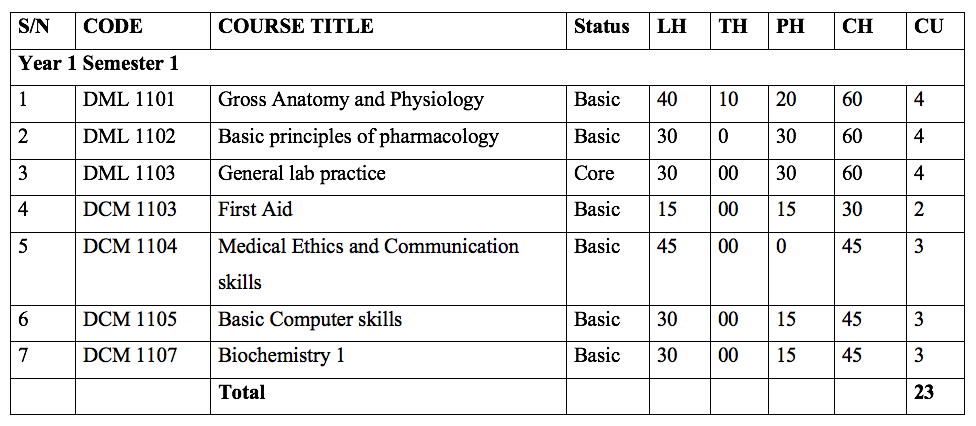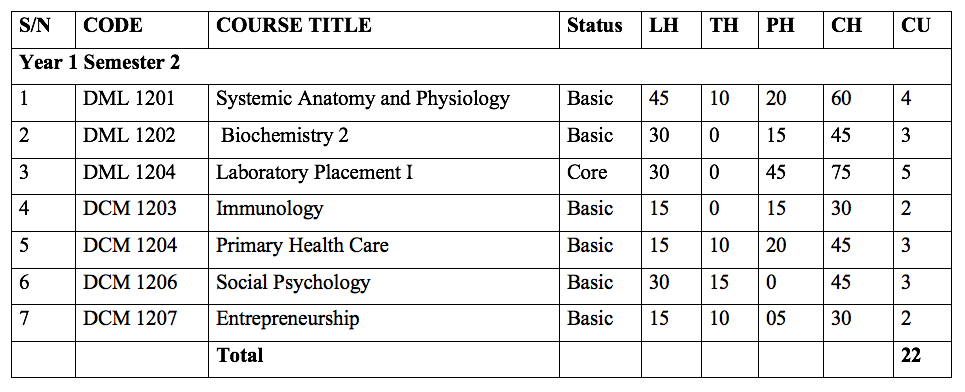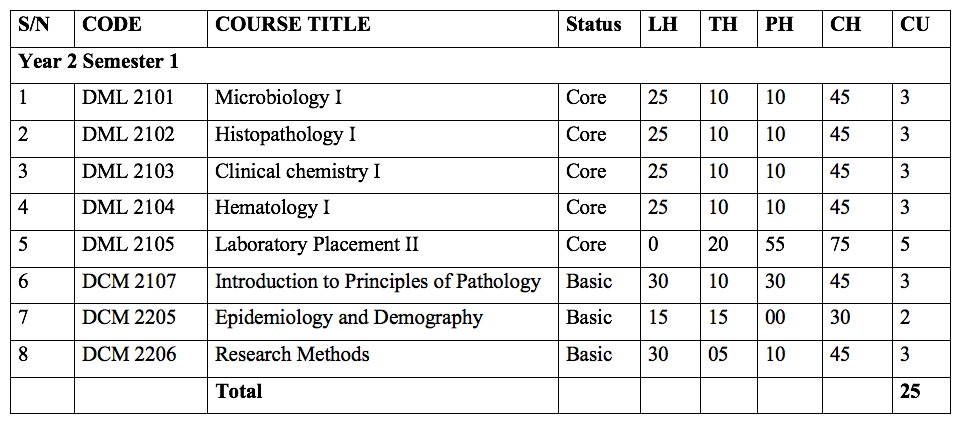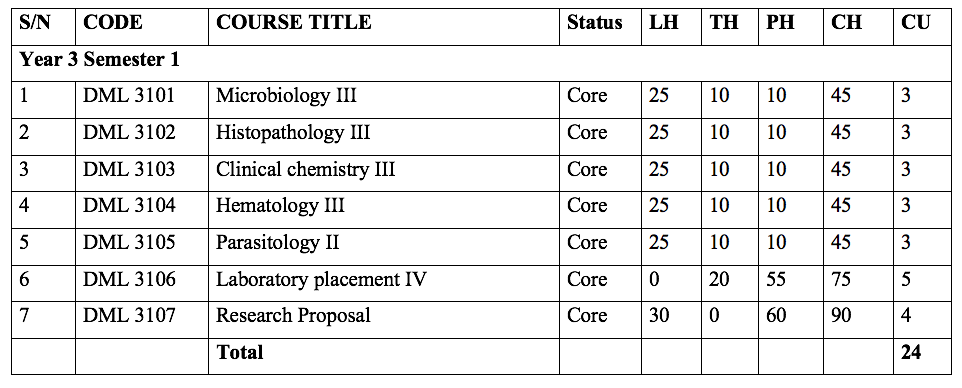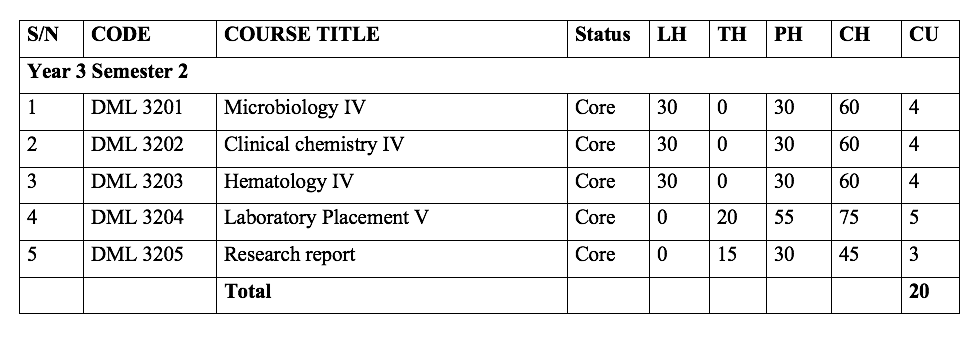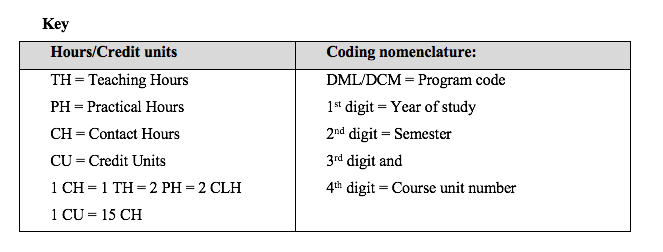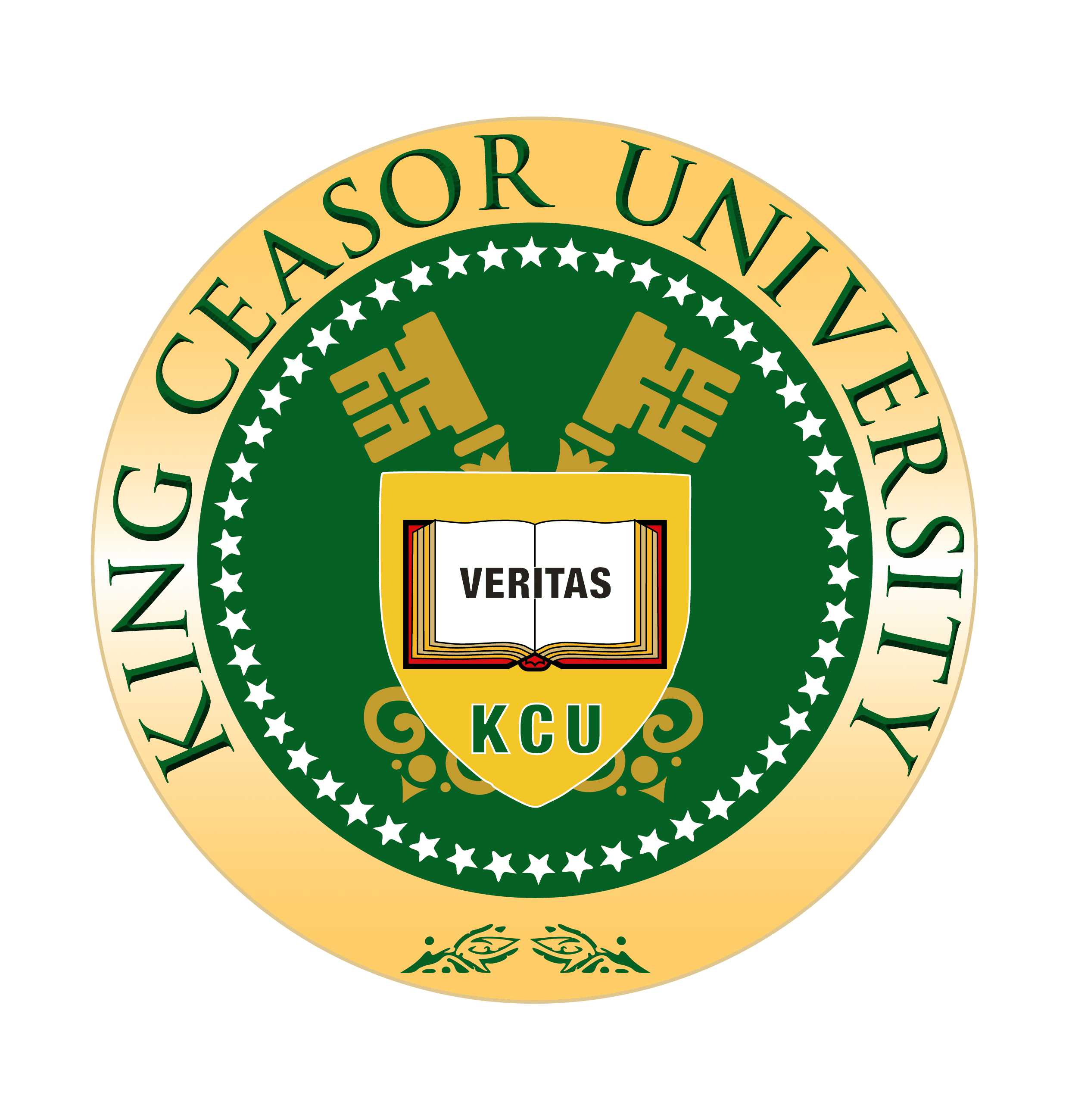
Ignite The Future
Medical Laboratory Technology is one of the fastest growing health professions. This is because of increasing demand on health workers to handle emerging and re-emerging diseases/illnesses. There are also new advances in technology that the professionals need to be acquainted with. Medical Laboratory Technology involves collecting, processing and analyzing medical specimens to determine the health status of an individual/community. This is critical in enabling other health workers in determining the course of action in the management of the various health conditions.
This program endeavors to develop academic excellence and improve practical competencies demanded in Medical Laboratory Practice. It is developed with the view of facilitating effective teaching and learning methodologies.
Medical Laboratory Technologist (MLT) is one of the several professions listed under the allied health science (AHS) group. Medical Laboratory Technologist are the backbone of the medical laboratory service as the MLT’s are involved at all levels of the laboratory services from the preclinical, clinical right up to the post clinical stage. Medical Laboratory Technologist is an AHS professional who is involved in the process of diagnosing for treatment, rehabilitation and prevention through clinical laboratory tests.
This program is both theoretical and practical. Research and Laboratory placements are mandatory. The entire Program will entail forty-one (41) course units with twenty- five (25) being cores courses and sixteen (16) basic. This Program has no elective courses. The minimum credit unit should be two (2) and the maximum credit is five (5). The student must pass all the course units in order to be awarded with Diploma in Medical Laboratory Technology (DMLT).
Target groups
The diploma in Medical Laboratory Technology (DMLT) program will consist of three academic years (6 semesters) and not more than four years unless the School of Medicine, Helath and Life Sciences board recommends otherwise and the KCU senate approves.
Direct Entry
The candidate should have at least one Principal Pass at Advanced level of Education in Biology and two subsidiary passes, one in Chemistry and any other science subject.
Indirect Entry
The following categories of candidates are qualified for admission to the programme if they sit and pass a written and oral examination by an approved professional body.
International Applicants
Applicants with foreign academic qualifications will be required to show certified prove of the stated qualifications from the relevant examination boards. They must be proficient in English Language from an accredited institution. Where necessary the applicant’s documents will have to be verified/equated by relevant bodies like National Council for Higher Education (NCHE) or Uganda National Examinations Board (UNEB).
At the successful completion of the program, the graduate shall be able to do the following, with respect to;
Tuition fees for privately sponsored students shall be ***** USD per semester. All students are required to pay other functional and non-functional fees as may be defined on admission.
